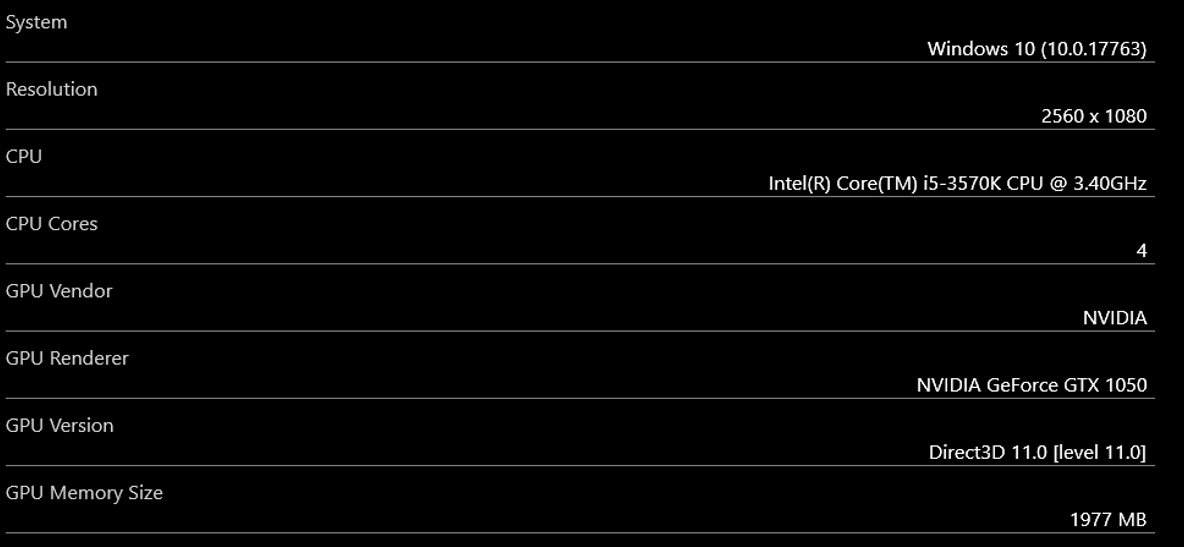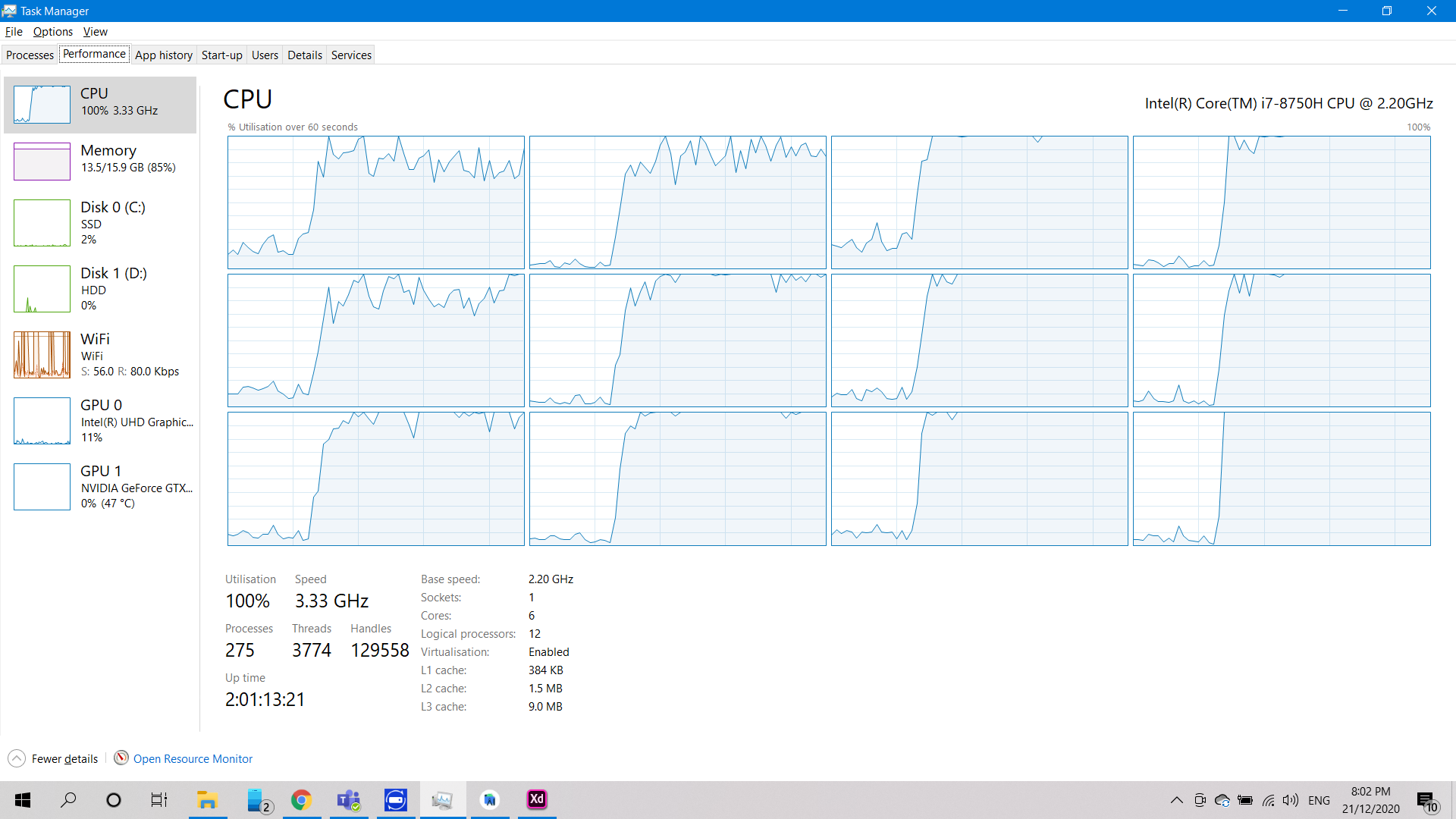I have had this question for a long time, and have just taken the jump from Intel i5-3570K @ 3.4 GHz (4-core) to AMD Ryzen 7 2700 @ 3.2 GHz(8-core). Let me share my test results.
+--------------------------------+--------------------------+---------------------------+
| | Intel i5-3570K @ 3.4GHz | AMD Ryzen 7 2700 @ 3.2GHz |
| | (4-core) 32GB DDR3 RAM | (8-core) 32GB DDR4 RAM |
+--------------------------------+--------------------------+---------------------------+
| Rebuild the debug version of | 2m 15s | 1m 3s |
| an app after cleaning it. | | |
+--------------------------------+--------------------------+---------------------------+
| Build, copy and FTP a release | 5m 5s | 4m 5s |
| package after the above task | | |
+--------------------------------+--------------------------+---------------------------+
The second test is largely consumed by Proguard's minifying and obfuscation. I did all the tests within 24 hours immediately before and after upgrading the PC with new motherboard, CPU and RAM. The two drives (an SSD and an HD) stayed.
Thanks to Microsoft, Android emulators can run on AMD CPU-based PCs now. The emulators on this Ryzen 7 machine are unbelievably fast. It takes only 14 seconds to cold-boot a Marshmallow 6.0 - API 23 emulator. Starting any app is instant. I seriously doubt any physical Android devices can outperform the emulators.
I have been hoping to see a benchmark test designed for software development. Almost all benchmark tests seem to target gaming.
The two configurations:
![enter image description here]()
![enter image description here]()



